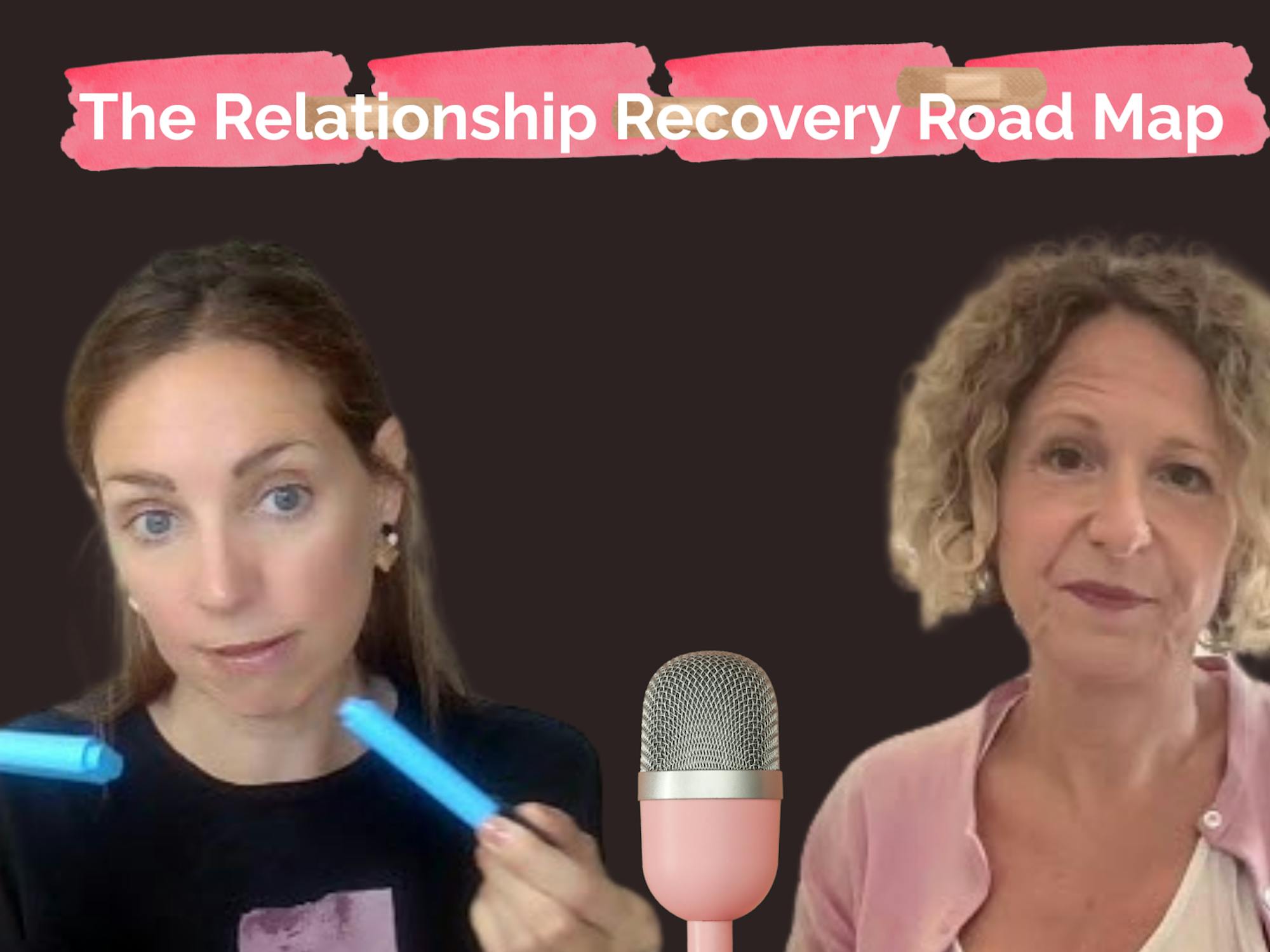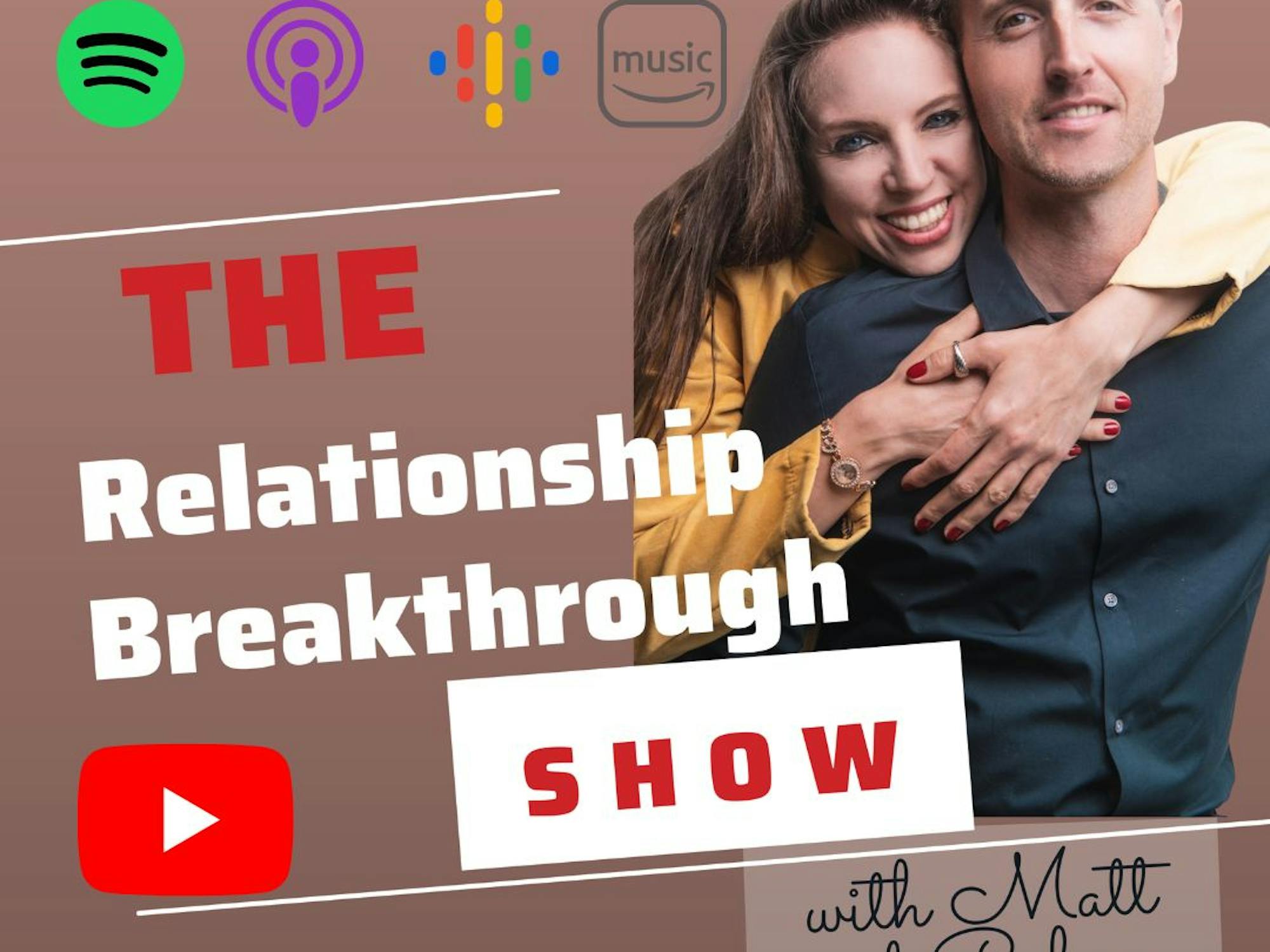Saving my relationship after infidelity
5 ways to tell whether my relationship is worth saving.

The breakdown of a committed relationship or marriage is often a painful experience for all parties. But what about when you add a third party to the mix? There is something about betrayal that makes it one of the most potent and damaging emotions that we can experience. It can lead us to react in ways that cause even more damage – both to ourselves and to others involved. It cuts to the root of who we are, our sense of self and challenges our views about loyalty which are often held deeply.
“How could they do this, to me?”, we might ask.
According to the American Psychological Association (APA), 20–40% of divorces in the US are because of Infidelity. This shows just how significant a part it can play in relationship breakdown. For many, the discovery of infidelity – whether physical or just emotional – can be a turning point in the relationship. It’s often the culmination of a period of disengagement or struggle where things haven’t been working as well as we may have wanted.
It therefore often leads to important decisions about how we want to take the relationship forward – so what are our options?
Saving my relationship after infidelity boils down to a choice between:
- Cutting and running – severing the ties with our partner, moving straight to solutions outside of the relationship and potentially failing to learn the lessons;
- Carrying on regardless – refusing to see the truth and pretending nothing happened while hoping that this was a ‘one-off’ due to special circumstances and will never happen again;
- Learning the lessons – understanding how the situation arose and establishing whether or not there is a basis to re-build a future together.
So with such a pivotal moment, what are 5 ways to establish the best way forward?
1. Were the rules or boundaries as clear to our partner as they were to us?
A relationship can work to different sets of rules, and what is acceptable in some relationships may not be acceptable in another. We often assume that our partner automatically sees things like we do, so there can be a danger that doubt emerges about whether a certain behaviour is acceptable or not. For instance, the fact that our partner met someone of the opposite sex for a meal without letting us know in advance, could be outside of what is agreed. Maybe we accept that our partner can message his ex-partner regarding practicalities for the children. However, we could be uncomfortable with anything beyond that might look like emotional support?
But without explicit agreements could confusion have occurred through a lack of communication?
2. Are there different accounts of what actually took place?
The moment we learn that our partner has been in contact with someone else (an ex-partner for example), it’s possible that our stress reaction is activated. We are then less able to objectively evaluate the truth of what happened. Anger, jealousy… even RAGE can be triggered as we ‘see red’. Maybe we see a message or photo to our partner from someone else, but then don’t take the time to understand that she had turned down the approach.
It’s worth really standing back from the situation to make sure that what we are reacting to is REAL, not an exaggerated version that we have created. This is where a (calm, objective!) friend can be invaluable.
3. Is this conflict around infidelity the only area where our values are different?
If we feel that our values and those of our partner are generally closely aligned, we might say that this misunderstanding around infidelity is an exception. Could we resolve this through coming to a deeper understanding, and better agreements?
On the other hand, if there are a number of areas where not only disagree… but that we see the world in dramatically different ways, it could be a sign of a deeper-seated issue. Perhaps infidelity is just the latest outward sign of these issues with a deep root. Almost like we are swimming against the current, and that the latest issue is one of many of a similar theme. This is one area that we look at with our clients to see what are our areas of common values and where are the differences.
4. Is our partner OWNING it, or avoiding it?
We can learn a lot about our partner from the way that they react to this challenge, which could indicate whether re-building is a viable option.
Any sign of blaming or turning this around onto us could be a sign that they are not ready to really take stock – with honesty and sincerity – to try to re-capture the trust and love.
On the other hand, sometimes we need to take a fall in order to be ready to re-build things from proper foundations so if we sense that our partner has genuine regret about what happened – and especially if it’s the first indication of this kind of behaviour – it could be a sign that they are ready to do the work required to really re-build trust, and to turn a new page.
5. What does our relationship score on the CLARITY Scorecard?
Firstly, complete the Relationship CLARITY Scorecard to gauge the strength of your relationship:
https://relationshipclarity.scoreapp.com/
The personalised feedback will show you the areas of strength and the improvement opportunities where your relationship was weaker.
If you have a strong score above 50% you have many strengths in the relationship to re-build on.
Whereas a low score of less than 30% shows you have many areas of weakness. And this means that the road ahead may be long and difficult.
in case of moving forward in your relationship, book an initial consultation here.
And we can see how we can support:
https://calendly.com/d/mmvm-mt8p/relationship-diagnostic-session-with-matt-rebecca
- Divorce
- Relationships
- Trust
- Honesty



